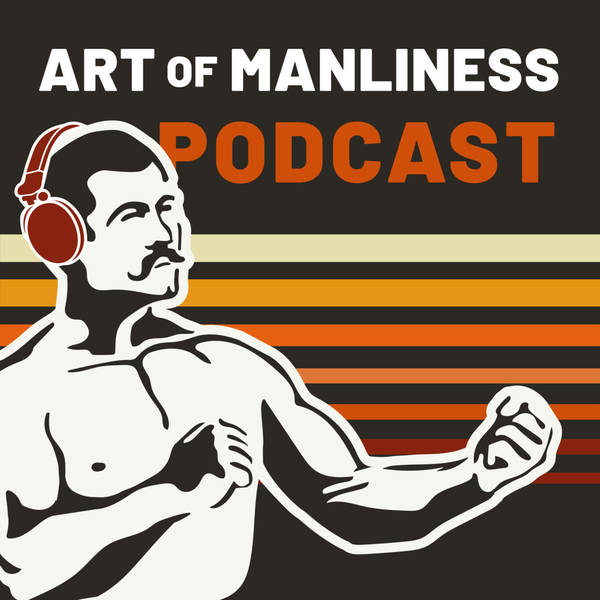
College — What It Was, Is, and Should Be
Modern students are apt to see going to college as the way to earn a credential that will help them get a good job. But as Andrew Delbanco, Professor of American Studies at Columbia University, argues in his book College: What It Was, Is, and Should Be, higher education was developed for a different purpose — one it should fight to maintain.
Today on the show, Andrew shares how he decided to write his book to understand more about the history, nature, and value of an institution which has come under increasing pressure in the modern age. Andrew describes how America's earliest colleges were founded as places where students could learn from both their teachers and from each other, and thereby develop the capacity to grow in character, serve others, live a good life, and even face death. Andrew explains why colleges have largely abandoned this mission, and makes the case for why a broad, not-entirely-specialized, liberal arts education remains relevant in an age in which the ability to grapple with life's big questions is as crucial as ever. We also talk about the difference between colleges and universities (no, they're not synonyms), why a prospective student might choose the former over the latter, and what other things those contemplating where to go to school should consider when making their decision.
After the show is over, check out the show notes at aom.is/college
